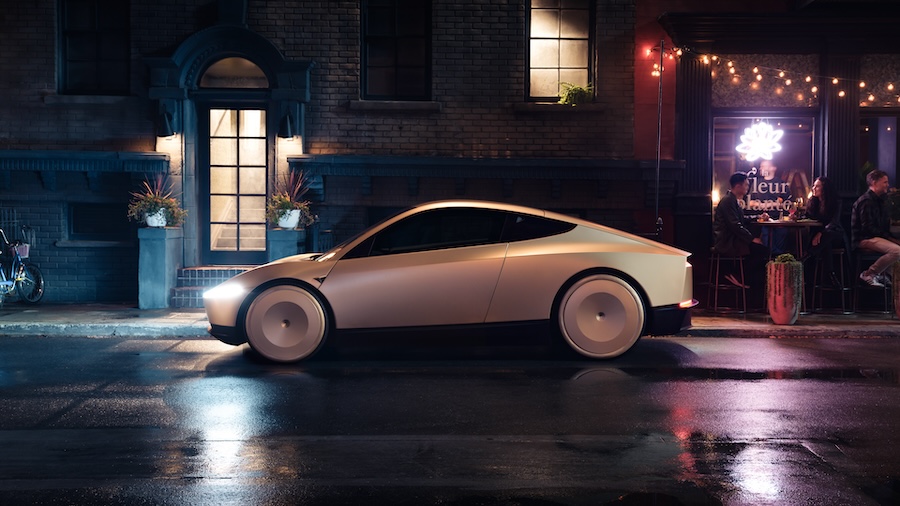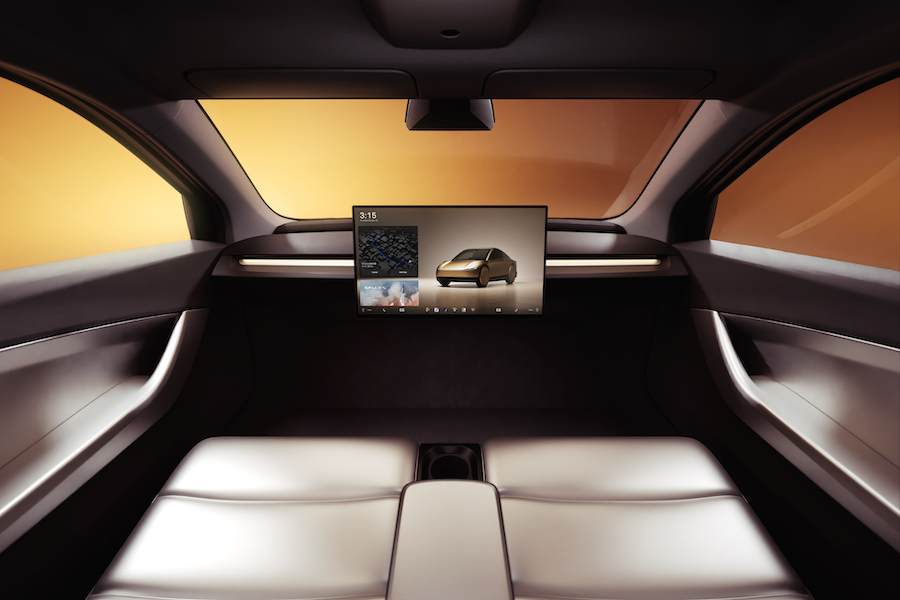Tesla may be preparing to launch a driverless fleet of electric vehicles in Austin, Texas. Emails obtained by Bloomberg show that there’s been regular communication between Tesla and the the city of Austin’s autonomous vehicle task force since May.
While Tesla has not confirmed Austin as the first Texas city for its fleet, the new report suggests it is a strong possibility, with one employee saying in an email that “the city of Austin is obviously on our roadmap, but has not yet been decided where we will deploy first as we have many options available.”
The move could mark a significant step forward for Elon Musk’s long-held vision. For years, he has painted a future where cars drive themselves, with people seamlessly hopping in, trusting the vehicle to take them to their destination completely autonomously. Many thought it was a pipe dream. But Tesla’s progress has shown huge promise.

So now Tesla’s tasked with finding a place to launch its first fleet and the city of Austin appears open to conversation.
Austin’s autonomous vehicle task force, established last year, has worked with several other companies testing self-driving cars. Waymo, Volkswagen, and Zoox are among those that have tried out their vehicles in the city. However, not all attempts have gone smoothly. Cruise, a General Motors subsidiary, shut down its robotaxi operations earlier this month. The move followed earlier setbacks, including cars stalling in traffic and an unfortunate pedestrian incident.
Local officials understandbly don’t want these types of problems to happen in the city again. Austin Mayor Kirk Watson has expressed caution. However, Tesla’s approach may help ease some of that worry. The company recently hosted a training event on December 5 for first responders. The session aimed to teach emergency crews how to deal with a driverless Tesla if problems arise.
Tesla has so far limited testing of its driverless cars in Texas to private areas, such as the grounds of its Gigafactory. The company has said it will notify authorities before taking the next step onto public roads.

The vehicle that will lead this charge is Tesla’s so-called “Cybercab,” which was unveiled in October at a Hollywood event. The driverless two-seater with no steering wheel or pedals, relies on Tesla’s Full Self-Driving software. It’s rumored to use wireless charging instead of a plug-in port.
Musk has said production could begin by 2026, with a target price under $30,000. While ambitious, it suggests Tesla’s intention to bring autonomous tech to the masses, rather than keeping it at a luxury price point.
And the vision extends beyond the cars themselves. Musk has described a future where people purchase fleets of these autonomous vehicles, letting them roam cities like an on-demand taxi service. This concept, sometimes referred to as the Tesla Network, has yet to launch, but the idea remains on the company’s radar. In the meantime, Tesla is also pilot-testing a ride-hailing service in California with employees serving as safety drivers. A similar early approach in Texas may help smooth the path.
It remains uncertain how soon driverless Teslas will roll through Austin’s streets. Officials, residents, and first responders will need to see concrete proof of reliability and safety. The talks, training sessions, and cautious steps suggest a methodical approach. Musk’s confidence is clear. He has made big promises before, and while some have taken time, Tesla has persisted. This time, as they work closely with Austin’s officials, the company seems eager to get it right.
